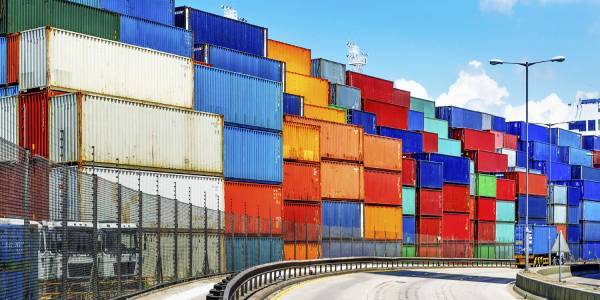What Makes Container Technology So Great?

Containers Are Resource Efficient
The future of software development is changing as we know it due to the rise of container technology. So is the structure of the cloud-computing world. In this short blog, we dive into the benefits of containerisation and how companies can create an agile IT framework with it.
Containers do need a separate operating system. Therefore, they are more resource efficient. A VM has a size worth several gigabytes, but a container is only a few dozen megabytes. This means within a single server; you can run more containers than a VM!
Moreover, containers come with a high utilisation level. It means you need less underlying hardware. This reduces your bare metal cost and the expense connected to the data centre.
Containers Have Faster Speed
Container technology is extremely lightweight, and they don’t need an operating system boot, meaning they start in less than a second. It takes just a handful of seconds to create, replicate or even destroy containers. It makes the entire development cycle much faster. They take less time to market, and their operational speed is lightning fast.
You can release a new version quickly and effortlessly. Furthermore, faster speeds equal more chances in bettering the customer experience. For instance, if there is a need to fix a bug or add a feature, a developer can act swiftly with container technology.
Another benefit of containerisation is isolation, even when sharing resources. Since containers running on the same server do not interact with each other, if there is a crash in one application, it doesn’t affect others. The rest of the apps don’t have any technical glitches and continue to run flawlessly. This feature is crucial because it lessens security risks. For example, if one application is breached or hacked, the malware doesn’t spread to any other containers and keeps running safely.
Containers Can Run From Anywhere
One of the most significant advantages of container technology is portability. The platform independence means you build them once and then you can run them from anywhere.
A container is an application wrapped up with everything it requires to operate such as dependencies and configuration files. This feature allows containers to run reliably and without any issue on different environments, be it a virtual server, a public cloud, a local desktop, or a private cloud. You can even run them on:
Physical servers
Testing environment
Staging environment
Production environment.
In short, container technology imparts a high level of flexibility to a company. Not only is the development process faster, but switching from one environment to another or one provider from another becomes loads easier. It is for these reasons containers have become the biggest buzzwords in the information technology world. From medium sized businesses to start-ups and major enterprises, all of them are adopting container technology at a fiery rate.
Read More : What are the benefits of partnering with container leasing companies in Dubai?
